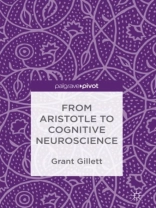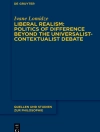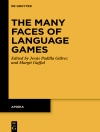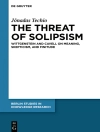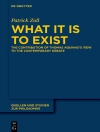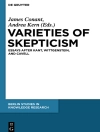From Aristotle to Cognitive Neuroscience identifies the strong philosophical tradition that runs from Aristotle, through phenomenology, to the current analytical philosophy of mind and consciousness.
In a fascinating account, the author integrates the history of philosophy of mind and phenomenology with recent discoveries on the neuroscience of conscious states. The reader can trace the development of a neuro-philosophical synthesis through the work of Aristotle, Kant, Wittgenstein, Husserl, Merleau-Ponty, Brentano and Hughlings-Jackson, among others, and so explore contemporary philosophical puzzles surrounding consciousness and its relation to cerebral synchrony and connectedness.
Of interest to students and scholars of neuroethics, neurophilosophy and philosophy of mind, as well as philosophy of psychiatry, From Aristotle to Neuroscience demonstrates the real essence of consciousness as it increasingly connects with philosophy, law, morality, aesthetics, and spirituality.
สารบัญ
Chapter 1. Introduction: Second nature and the human soul.- Chapter 2. From Aristotle to consciousness and intentionality.- Chapter 3. Evolutionary neurology and integrative self-formation.- Chapter 4. Diverse dissolutions of the integrated human self.- Chapter 5. Consciousness, value and human nature.- Chapter 6. Second nature, the will, and human neuroscience.- Chapter 7. Consciousness: Metaphysical speculations and supposed distinctions.- Index.
เกี่ยวกับผู้แต่ง
Grant Gillett is Professor of Biomedical Ethics at the University of Otago, New Zealand. He received his personal chair in Biomedical Ethics in 1995, and is active in biomedical ethics and neuroethics both nationally and internationally. He is the author of more than 350 articles spanning issues in post-modern philosophy, the philosophy of mind and language, medical ethics, philosophy of medicine, philosophical psychology, and philosophy and psychiatry. He has also authored six books including The Mind and its Discontents (Oxford University Press).
